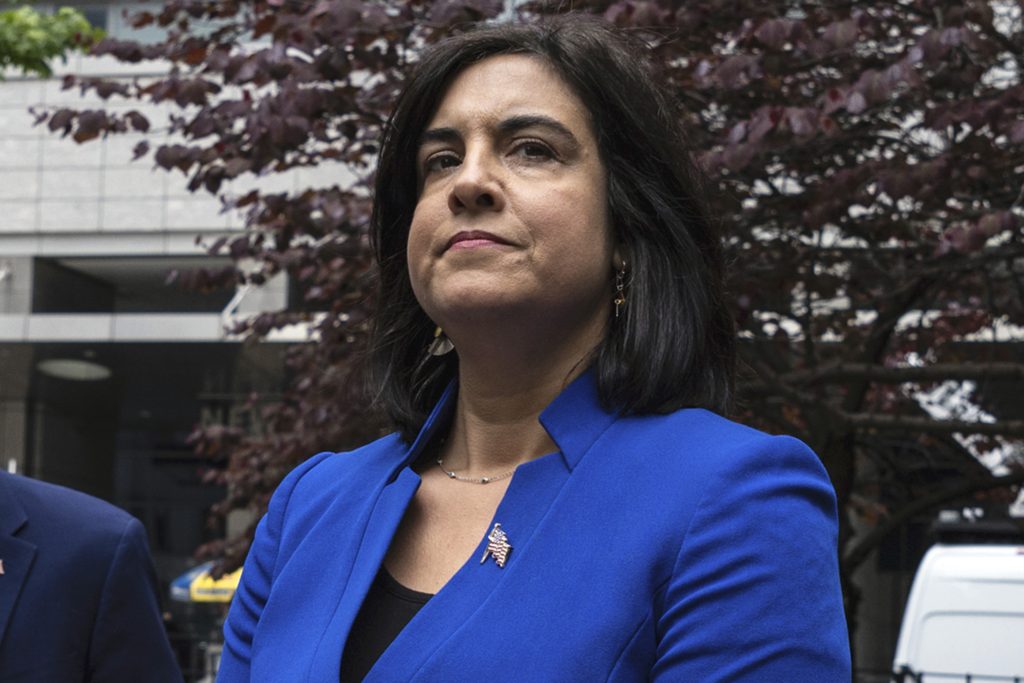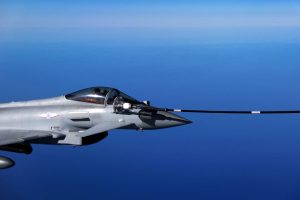Shipping magnates made billions of dollars in profits during the pandemic and the war in Gaza. Now they’re bringing those proceeds back to dry land.
Shipping owners often invest profits into modernizing their fleets with multimillion-dollar orders at Asian shipyards, but a surplus of ships ordered in the past five years is set to depress freight rates. That is prompting a new wave of diversification by shipowners, who typically go on buying sprees when they are flush with cash. Now they are pouring money into news outlets, real estate and soccer clubs.
Rodolphe Saadé , owner of French shipping company CMA CGM , the world’s third-largest containership operator by capacity, is one of them. In March, he paid 1.55 billion euros, equal to about $1.68 billion, to buy Altice Média, which runs BFM TV, one of France’s leading news channels, and the popular RMC radio station.
Since 2022, Saadé also has snapped up three French newspapers—La Provence, Corse Matin and La Tribune—and a 9% stake in Air France-KLM for €240 million. CMA CGM didn’t return phone calls seeking comment.
The earnings of the world’s top 10 container lines more than quadrupled in 2021 and 2022 to an average of $158 billion a year as consumers in the U.S. and Europe spent heavily on manufactured products during Covid-19 lockdowns and there weren’t enough ships to move them. The companies made an average $37.5 billion a year in operating profit between 2000 and 2020, according to data provider Statista.
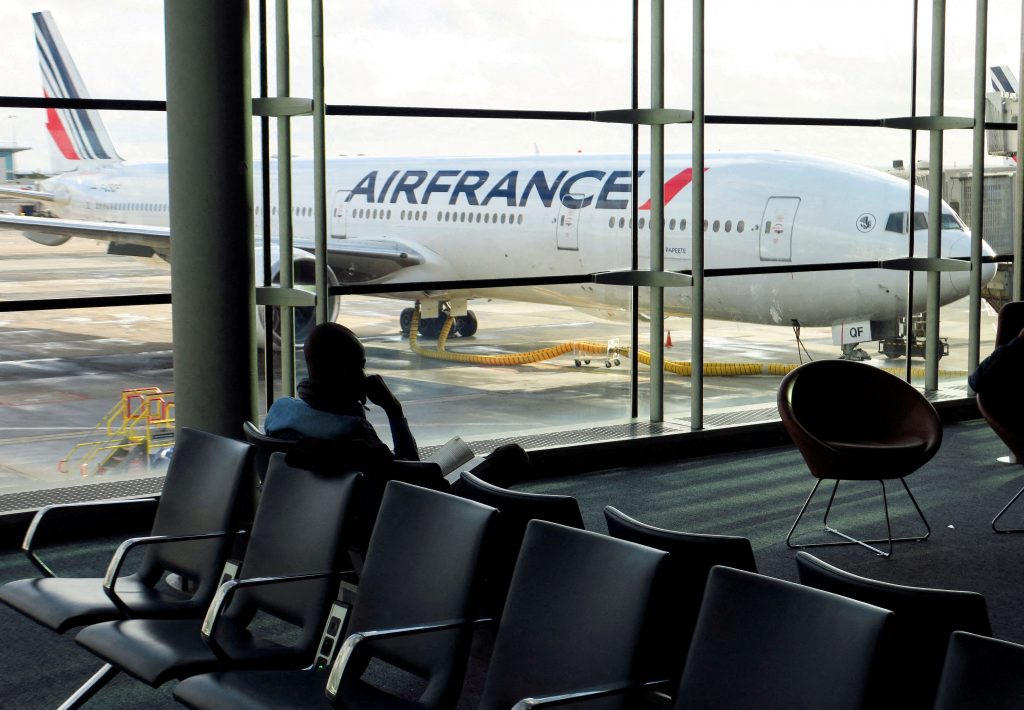
Rodolphe Saadé, who bought a 9% stake in Air France-KLM, also owns Altice Média and three French newspapers. Photo: pascal rossignol/Reuters
Freight rates began to fall last year but shot back up after hundreds of ships sailing from Asia to Europe were diverted from the Red Sea and the Suez Canal because of the Iran-backed Houthi attacks in Yemen on commercial ships. The vessels now take a longer route around the Cape of Good Hope in South Africa, adding an average of two weeks in sailing time.
Freight rates—and shipowners’ profits—are expected to drop when the Red Sea reopens. The longer sailing distances have required shipowners to put more ships in the water. Once the diversions stop, there will be a surplus of ships at sea, said Jonathan Roach , a container analyst at London-based brokerage Braemar.
George Prokopiou , who has about 80 tankers, owns hundreds of real-estate properties around the world. His personal wealth amounts to $2.6 billion, according to Forbes.
In July, he made another real-estate play, buying a 2% stake in Greek property developer Lamda Development for €25 million. Lamda is developing a luxury site of around 86,000 square meters (about 925,700 square feet) on the location of the old Athens airport at the city’s beachfront that the developer says will include residences, shopping centers, schools and hospitals.
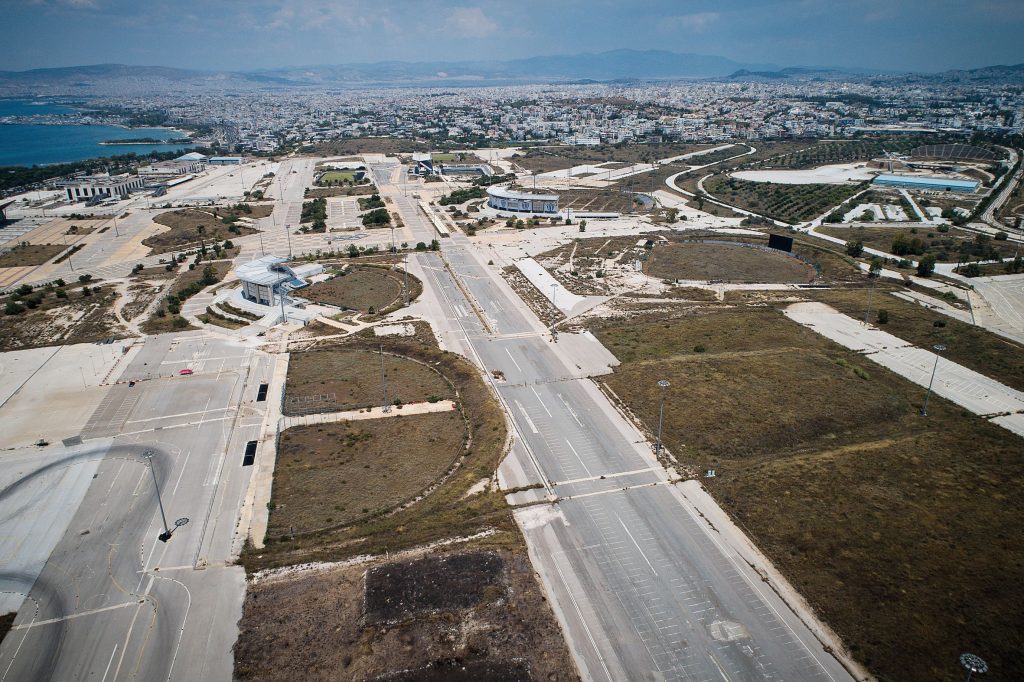
George Prokopiou has a stake in Lamda, which is developing the site of the former Athens airport. (File Photo)
Evangelos Marinakis is doubling down on soccer. Marinakis is the founder and chairman of Capital Maritime & Trading , which operates more than 130 ships and has holdings in media, renewable energy and sports.
Marinakis bought Premier League soccer club Nottingham Forest in 2017, when it was on the brink of being relegated to English soccer’s third tier. He has since spent more than $300 million to improve the team.
Now Marinakis is working on a plan to build a new, 50,000-seat stadium and move the club away from City Ground, Forest’s home since 1898. If local officials don’t approve that plan, he said, he would like to expand City Ground, adding another 15,000 to 20,000 seats to that venue.
“Revenue dictates success,” Marinakis said in an interview. “We must strive for bigger things like Manchester and Liverpool, which have some of the best clubs around the world.”
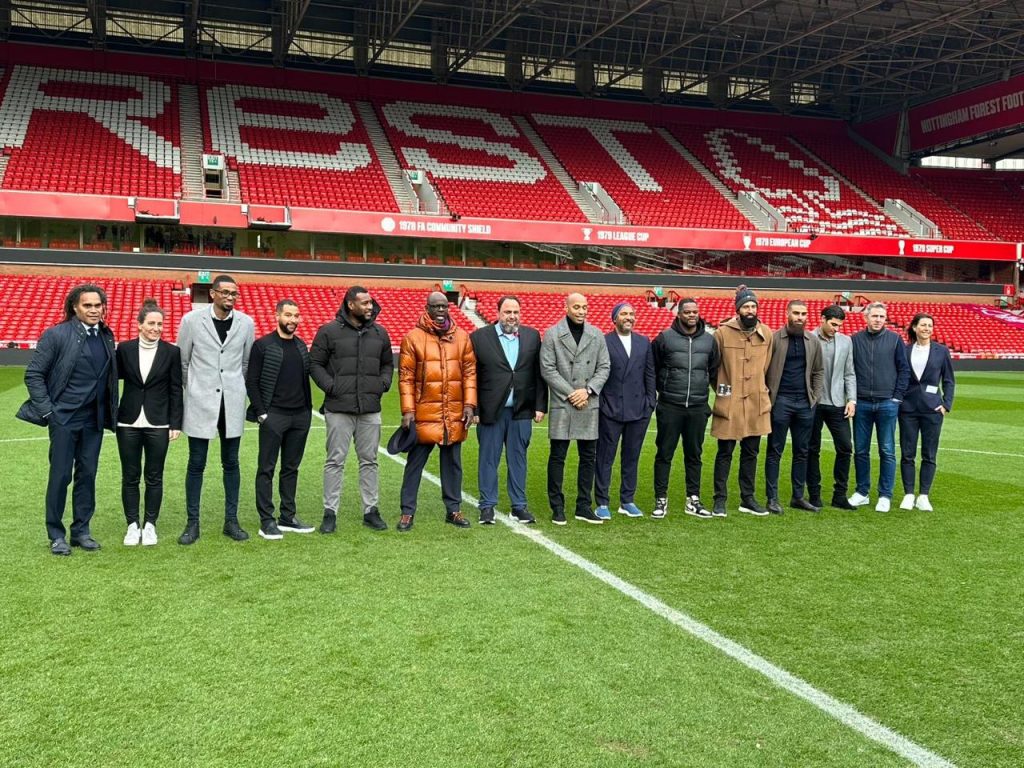
Norwegian shipping magnate John Fredriksen has pumped around $12 billion over the past 15 years into businesses such as fish farms, real estate, consumer finance and oil-well servicing. Fredriksen owns Frontline , which operates more than 80 tankers.
In his latest real-estate venture, Fredriksen’s property-development company in 2021 bought the Aker Brygge property complex, which includes 122,000 square meters of office and other commercial space on Oslo’s waterfront.
Aker Brygge is an upscale pier with French and Nordic restaurants and ferries departing for the popular Oslo fjord. The area is home to the Nobel Peace Center and the Astrup Fearnley Museum of Modern Art.
“These investments are countercyclical,” said Lars Barstad , chief executive of Frontline. Fredriksen made his fortune in cyclical industries such as shipping and oil services but also diversified to generate income beyond the sea, he added.
“He is a firm believer of not putting all your eggs in one basket,” Barstad said.
Write to Costas Paris at costas.paris@wsj.com

